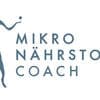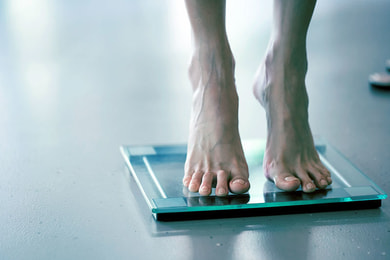Rhodiola rosea to increase athletic performance
The targeted supply of Rhodiola rosea can increase the athletic performance of active people – that's according to a new systematic review just published in the journal “Frontiers in Nutrition”. The scientists anticipated the effects of Rhodiola rosea supplementation on people's athletic performance. They found that the extract of the plant also known as rosary not only resulted in a reduction in oxidative stress by increasing antioxidant capacity, but also reduced post-exercise muscle damage and pain, improved skeletal muscle damage and also improved recovery which can stimulate muscles during training. A team of researchers conducted the systematic review using the PRISMA guidelines and found 10 studies that met the inclusion and exclusion criteria. For example, two studies show that blood creatine kinase (CK) levels in subjects who took Rodiola rosea extract tended to drop 72 hours after exercise. In another study, blood serum LDH levels fell after supplementation with Rhodiola rosea, which may have a protective effect on skeletal muscle cells. Two other studies show that taking Rhodiola rosea extract positively affects the Rating of Perceived Exertion (RPE) and the training. Effect in regularly active adults and improves endurance performance.
All about Rhodiola rosea & High performance training


























